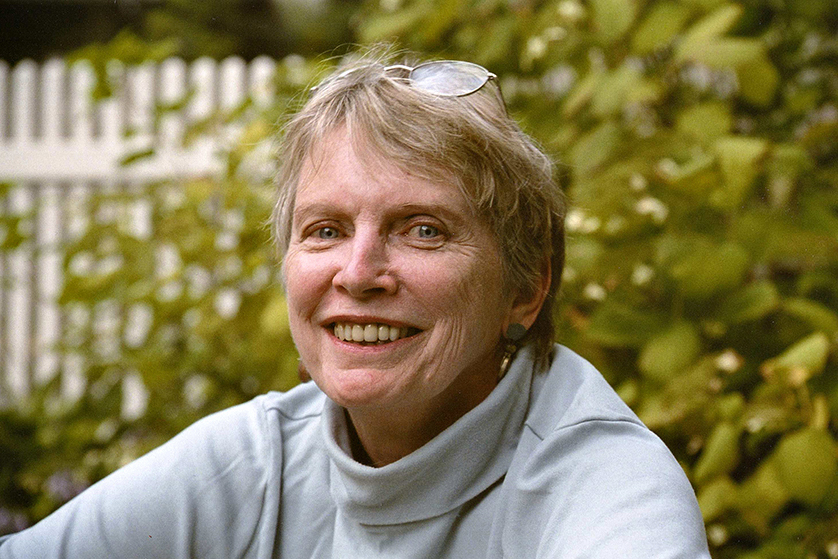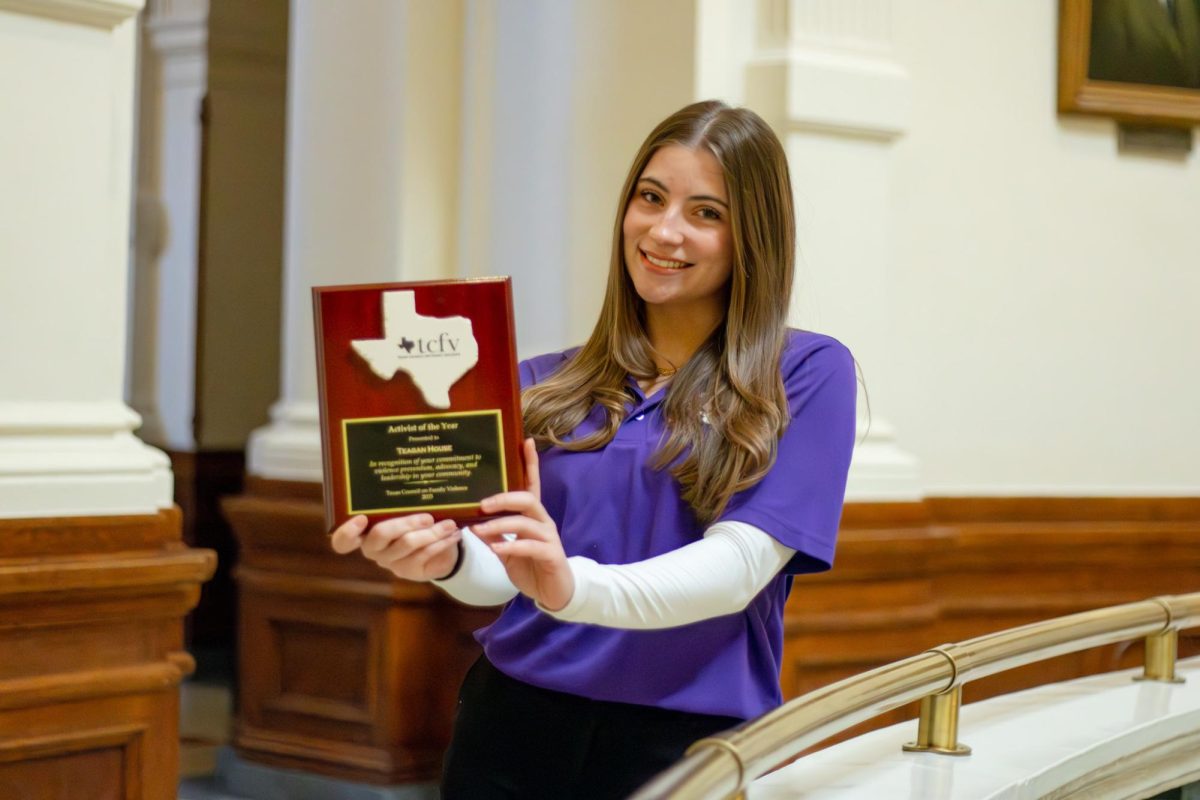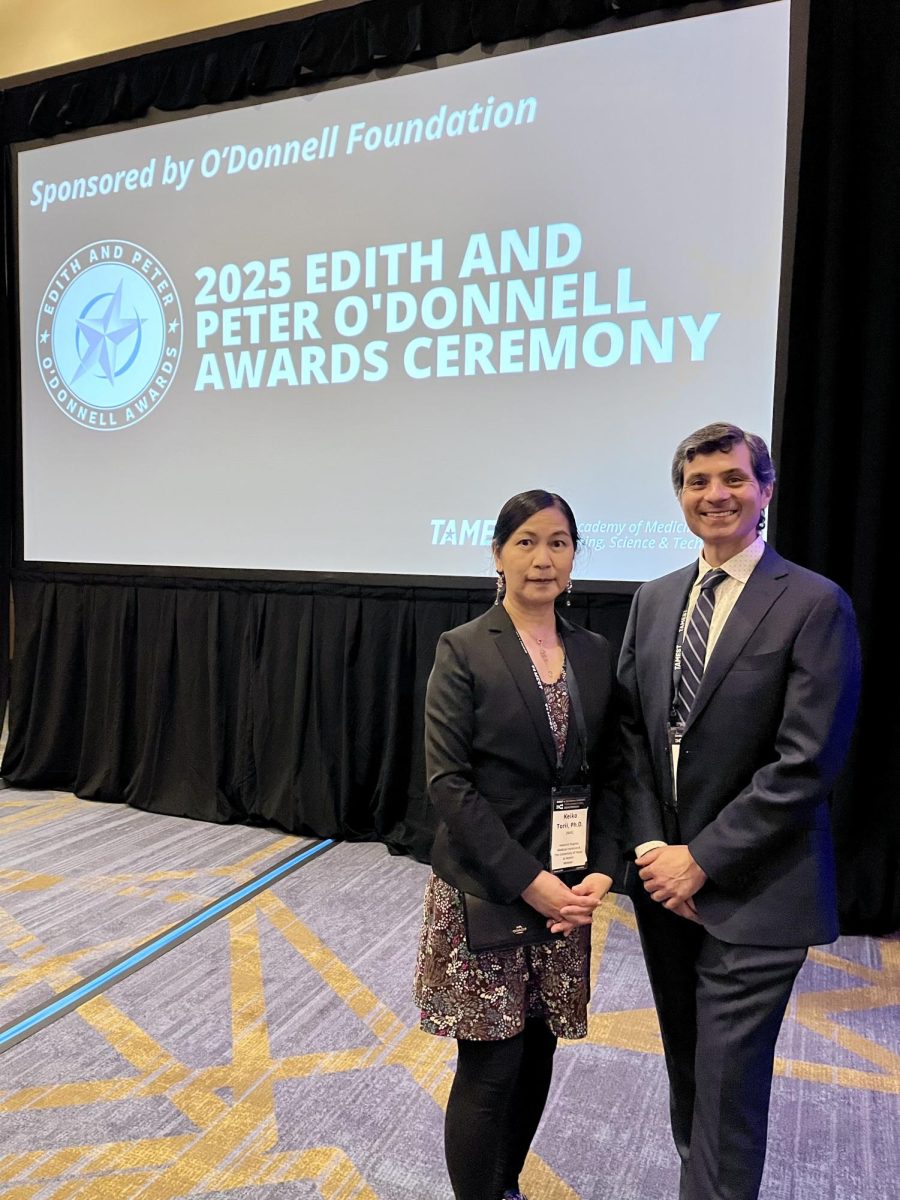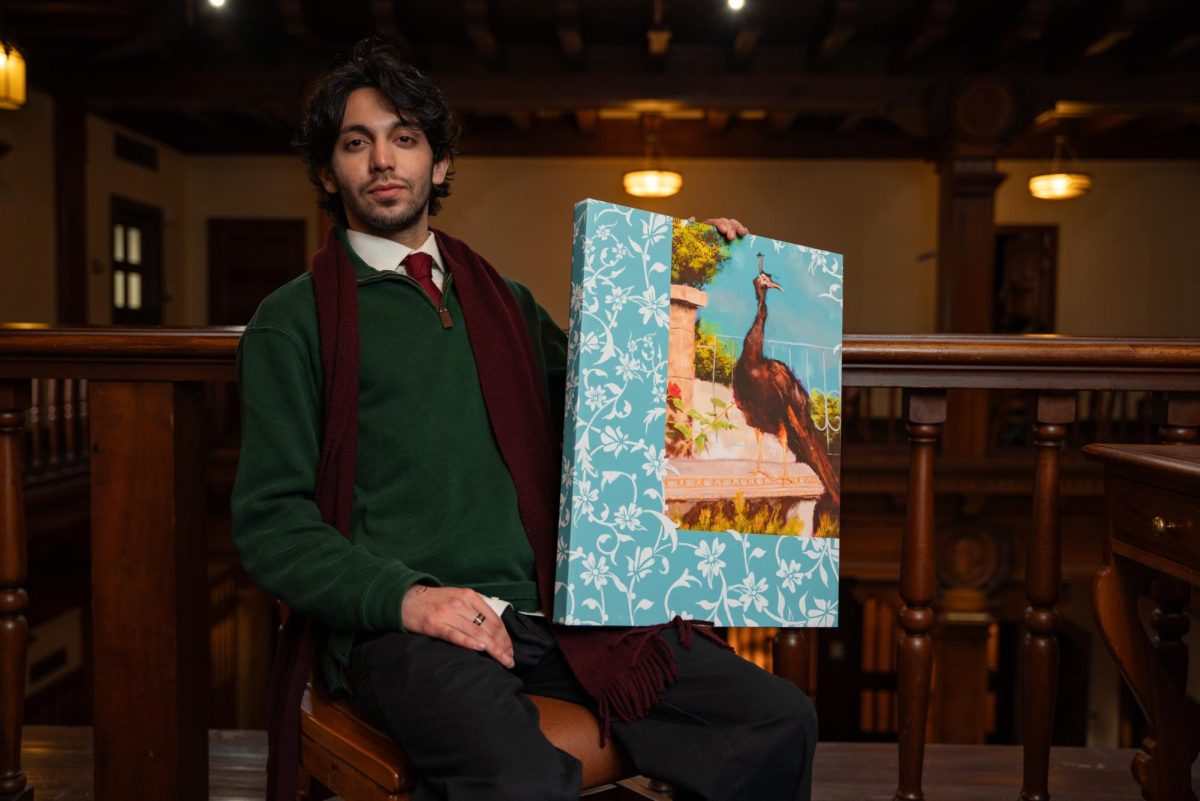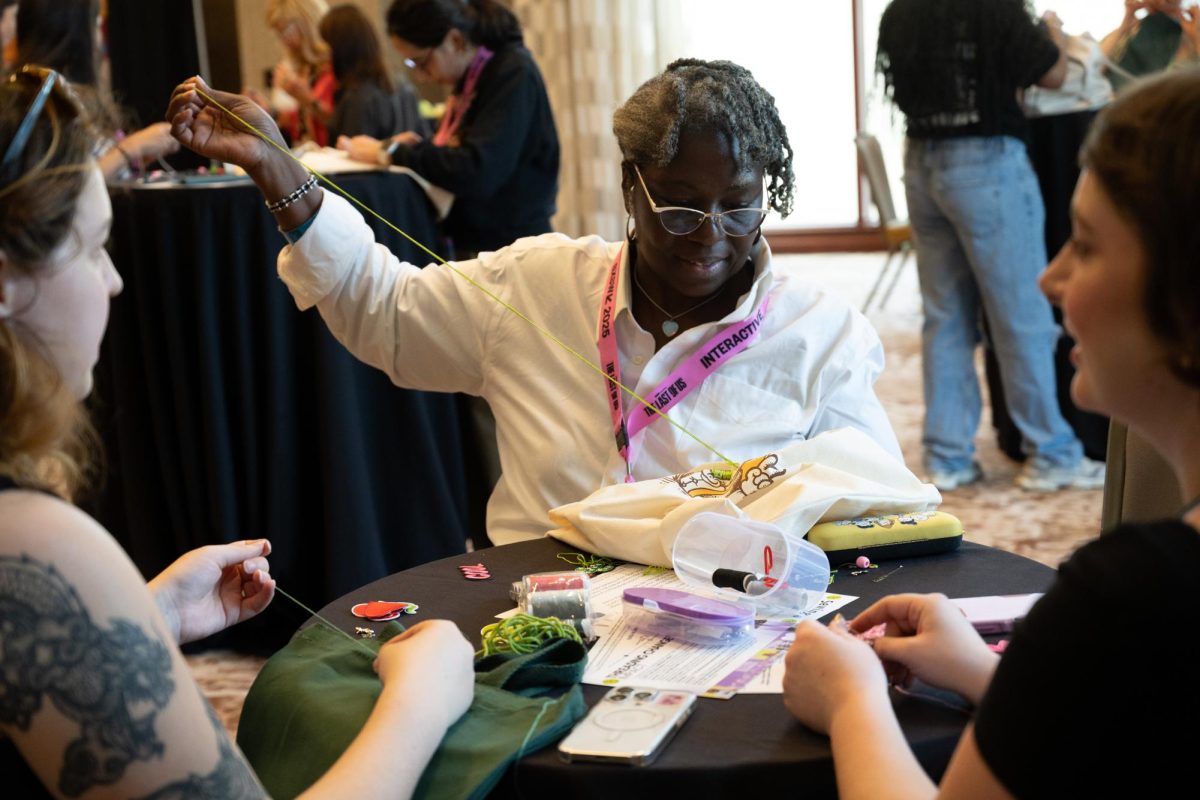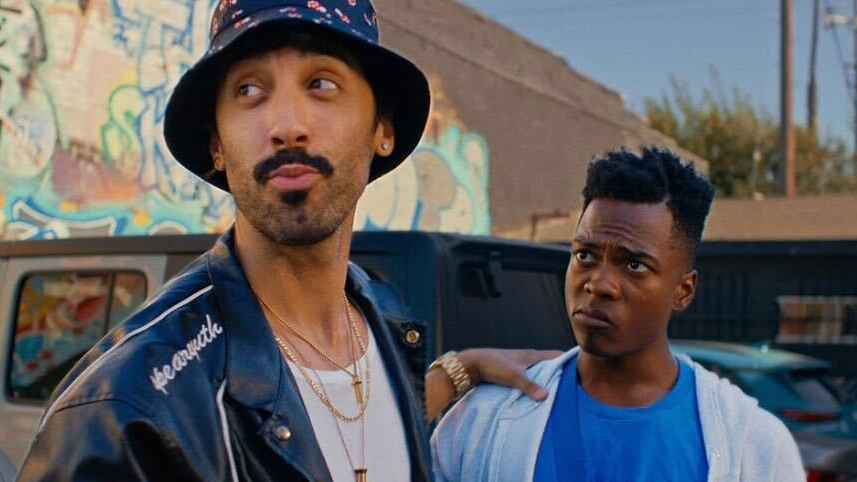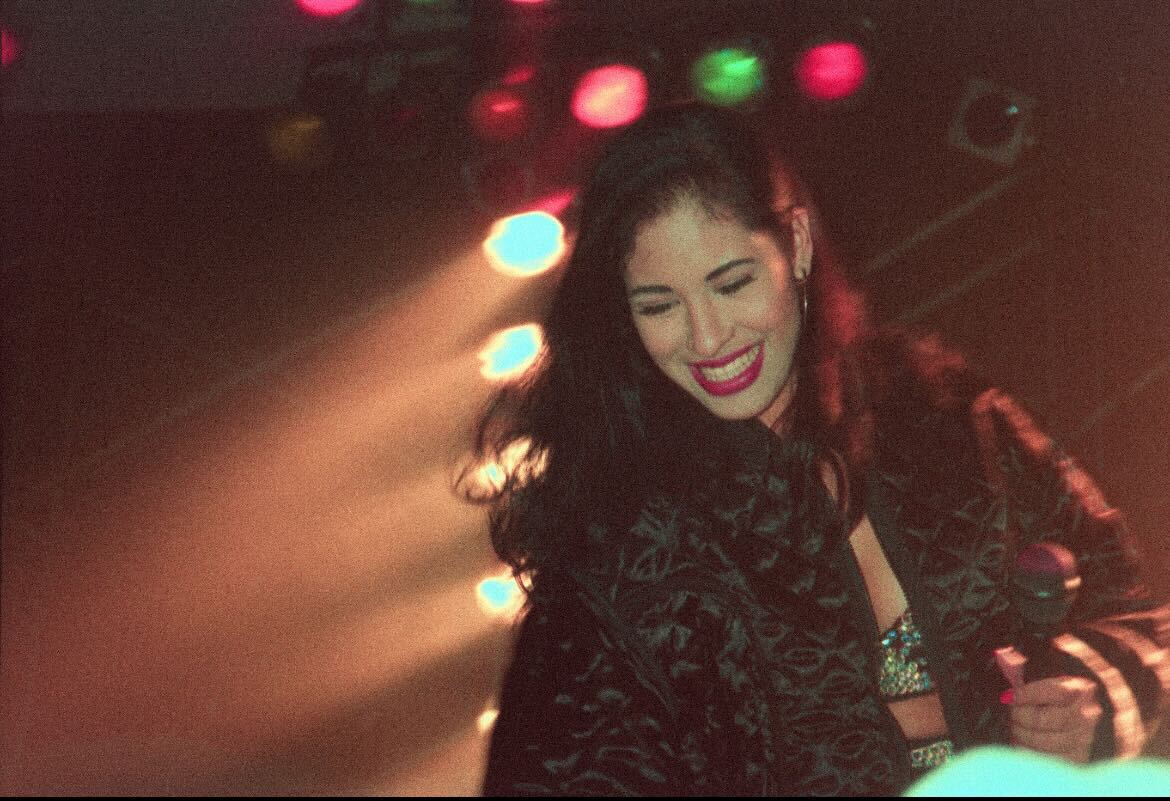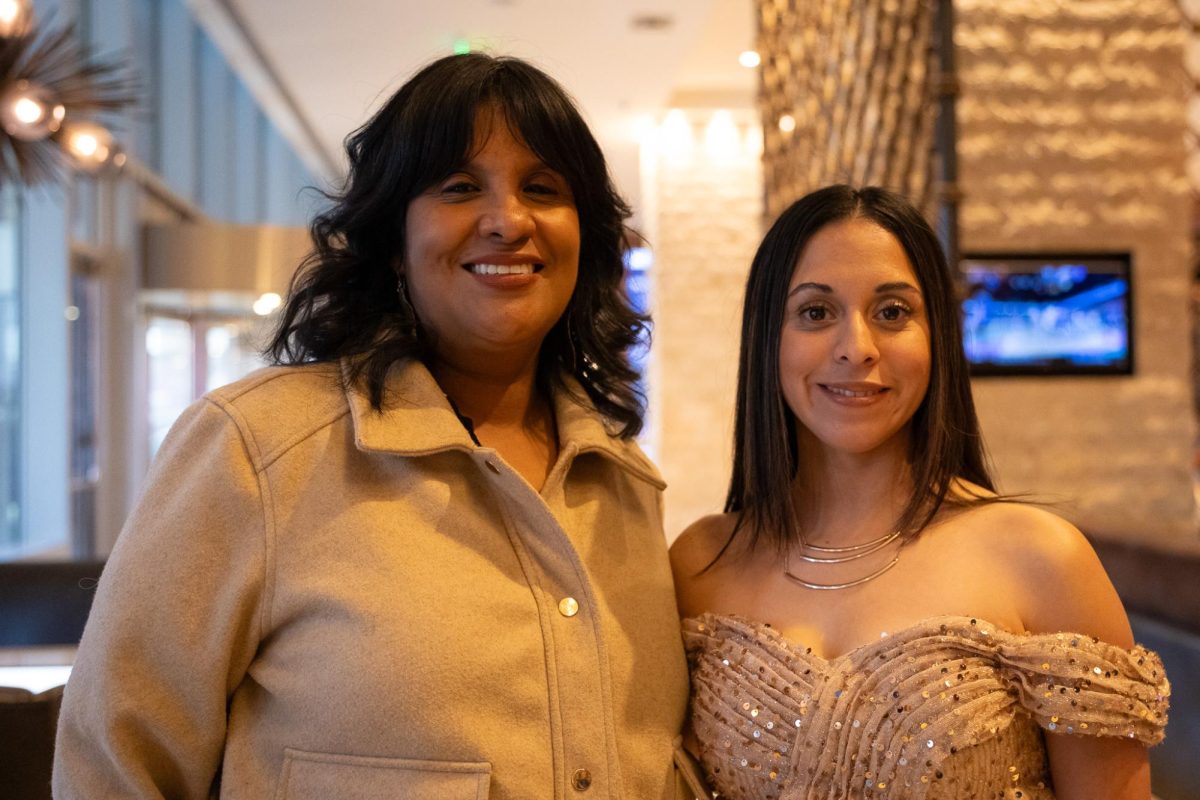Although a self-described introvert, author Lois Lowry has engaged millions of people through her classic novels such as “The Giver” and “Number the Stars.” The Daily Texan spoke with Lowry about her influences and new memoir “Looking Back: A Book of Memories” before the Texas Book Festival this weekend.
The Daily Texan: Who are the writers that inspire you and why?
Lois Lowry: In my young years, there was a book called “The Yearling” by Marjorie Kinnan Rawlings, which my mother read to me when I was probably eight. That changed my literate life, hearing that book read to me by my mother, who I adored. I went back after she finished it and read it to myself and I re-read it many times.
It’s hard to say why exactly, except that the author had the ability to welcome you into a world that was not yours and to make you a part of it. I was a white, middle class child in an affluent neighborhood, but the minute that book began for me, I became a poor child in a Florida swamp. The propensity for a writer to do that is really extraordinary, and I’ve always been grateful to her for opening that world.
DT: If you could give advice to your college-aged self what would it be?
LL: I have a unique answer to that because I entered college as a very good student with a special scholarship to study writing at Brown University, which is extraordinary, but here is the stupid thing that I did: I dropped out and got married just after my 19th birthday. In those days, it was not uncommon to marry at 19, but now I have a granddaughter who is 23 who’s not even thinking about marriage because she’s so committed to her education in a way that I was not. I would advise my college self to pay more attention to my aspirations and my education.
DT: You’ve lived all over the world both as a child and as an adult. How do you think this has impacted your writing?
LL: My family moved a great deal when I was young, because my father was a career military officer and then when I married at 19, I married a naval officer, so I have for the entire course of my life moved again and again and again. I was a very shy child, and I still am an introvert. That quality combined with the fact that I moved so often meant that I became an observer. To be an observer is necessary for a writer.
Henry James once said, “A writer is someone on whom nothing is lost,” and I think very little was lost on me. Because of how introverted I was, I didn’t rush immediately to try out for cheerleader at a new school or become one of the group of popular friends. Instead I hung back and watched. I’ve done that all my life, and I think that has served me well.
DT: What was the process like venturing into non-fiction and writing your memoir?
LL: I did it because I was in the process of moving once again and as I always have, moving boxes and photographs. My father was a photographer — so was I — and I’ve ended up with enormous collections of photographs. Each time I move, I look through them again and discard some and decide what to keep. I began to perceive that things in my life, even in my earliest childhood, have later in a disguised form appeared in books that I have written, and I began to investigate it more thoroughly and make those connections with many different books and using many different photographs.
It was hard to pare them down to the few that ended up in the book. I did it not in a chronological way but in the way that one’s mind works, at least the way mine does, in that one thing reminds you of another and your mind jumps around kind of playing hopscotch through those fragments.
Lois Lowry will speak at 11 a.m. on Nov. 6 at the Paramount Theater.

